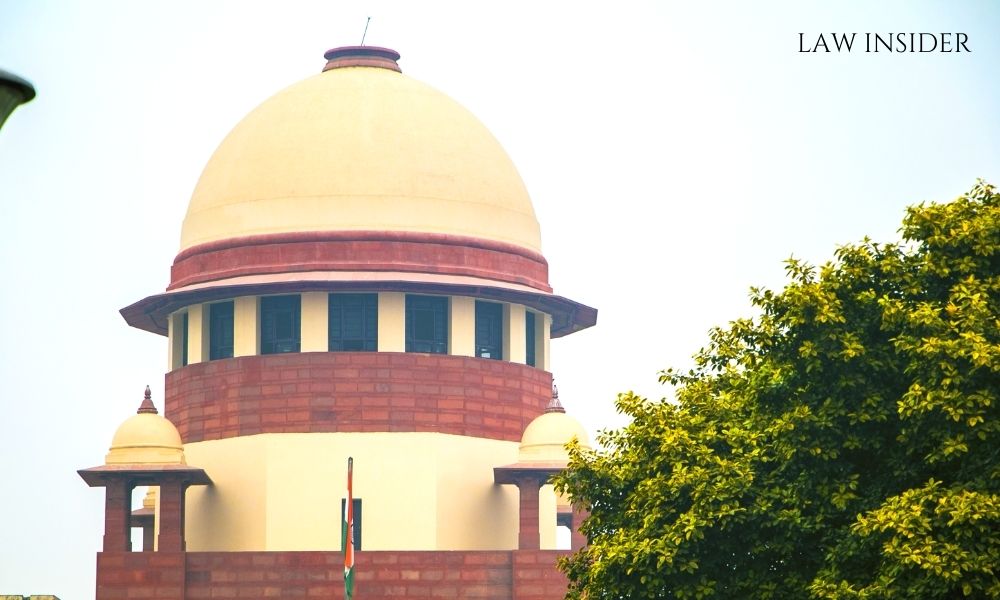LI Network
Published on: 23 September 2023 at 11:50 IST
The Supreme Court of India has expressed its disappointment with the standards of police investigations taking place across the nation.
In light of this concern, the Court emphasized the urgent need for the development of a consistent and reliable code of investigation, complete with mandatory procedures for investigator, Such measures are essential to ensure that individuals found guilty do not escape justice due to technicalities.
This stance was taken by the apex court while delivering a judgment that overturned the conviction of three individuals, including two death row convicts, in a case involving the kidnapping and murder of a 15-year-old boy in Madhya Pradesh.
The Court stressed the importance of the higher principle of “proof beyond reasonable doubt,” particularly in cases relying on circumstantial evidence.
It asserted that the establishment of a consistent and dependable code of investigation, backed by mandatory procedures for law enforcement agencies, is imperative to prevent the guilty from escaping justice on technical grounds, as frequently occurs in the country.
In the case at hand, the Court acquitted the three convicts. The bench, consisting of Justices B. R. Gavai, J. B. Pardiwala, and Sanjay Kumar, underscored the necessity for the prosecution to establish an unbroken chain of events that unequivocally points to the guilt of the accused, especially in cases relying on circumstantial evidence.
The Court also expressed its dissatisfaction at the unsatisfactory quality of police investigations, which it noted as a recurring issue. It emphasized the need for an improved investigation process to enhance the criminal justice system.
The case involved the brutal killing of a 15-year-old boy, Ajit Pal, in Madhya Pradesh in 2013. The boy was allegedly kidnapped for ransom by his neighbors, leading to a trial in which all three accused individuals were convicted. While one defendant received a life sentence, the other two were sentenced to death. The case was based on circumstantial evidence.
In its judgment, the Court highlighted the crucial legal requirements that must be met when relying on circumstantial evidence. It stressed that the circumstances must be unequivocal and firmly established, forming a complete chain pointing exclusively to the guilt of the accused.
The Court also referred to a report by the Law Commission, which identified inadequacies and unscientific investigations by the police as one of the main reasons for the low conviction rates in India. Despite the passage of time since these issues were identified, the Court lamented that they still persist today.
In conclusion, the Court criticized the police investigation in this particular case, citing multiple shortcomings and an absence of a coherent and foolproof chain of events leading to the guilt of the accused. Consequently, the Court acquitted the appellants, extending the benefit of the doubt to them.
Additionally, the Court criticized the trial court and high court for imposing and upholding the death penalty on two of the convicts without providing valid reasons for categorizing the case as “the rarest of rare,” which would warrant capital punishment.
Also Read: A look into Fundamental Rights and Capital Punishment in different Countries – Law Insider India

